The government maintains absolute control over the database of national identity cards. With that power, it can manipulated any electoral process.
By The Independentist Desk
An ordinary incident in Yaoundé has exposed once again how far the regime’s fraud machinery reaches. A 37-year-old woman, who has never registered to vote, was handed a voter’s card with her photograph but under a different name.
Neighbours confirmed the card was issued as if she were on the register. In truth, she was never part of it. Her face was taken from the national identity database and paired with a false identity — proof that voter rolls are not only padded but engineered.
A System Built on the ID Database
The government maintains absolute control over the database of national identity cards. With that power, it can:
Generate voters out of thin air by pairing real photos with fake names.
Multiply cards to give loyalists multiple votes while others are denied theirs.
Predetermine outcomes by inflating or suppressing voter lists long before ballots are cast.
The system doesn’t malfunction; it operates precisely as designed. Elections here are not counted — they are manufactured.
A History of Fraud Masquerading as Democracy
1992: Cameroon’s first multi-party election was denounced as fraudulent by observers and opposition parties, yet Paul Biya was declared winner.
2004, 2011, 2018: Every cycle of “landslide” victories was marred by intimidation, rigged registers, and ballot stuffing.
2007 parliamentary elections: Reports abounded of multiple voter cards for some, none for others, and ink that washed off for repeat voting.
ELECAM and the Constitutional Council: Far from impartial, they are dominated by presidential appointees who dismiss over 96 % of fraud complaints.
The pattern is consistent: elections are staged performances with foregone conclusions.
Why This Election Is No Different
The latest case of a woman’s face appearing on a card with someone else’s name is not unusual; it is routine. The manipulation of the ID database makes it clear: Cameroon’s elections have never been free, fair, or credible.
To pretend otherwise is to endorse a lie. From 1992 until today, every election has been less about the will of the people and more about the will of the regime. These claims justify the long-held position: in La République du Cameroun, there is no election — only selection.
The Independentist editorial Desk














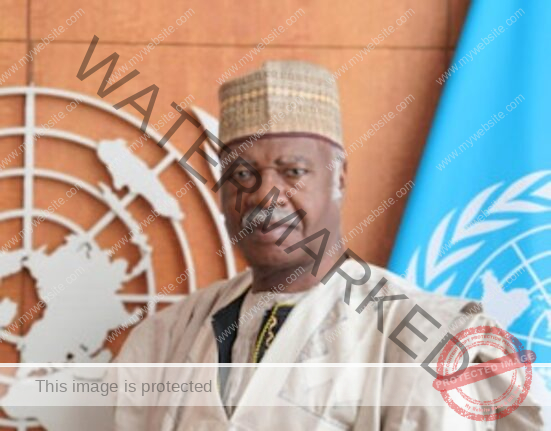
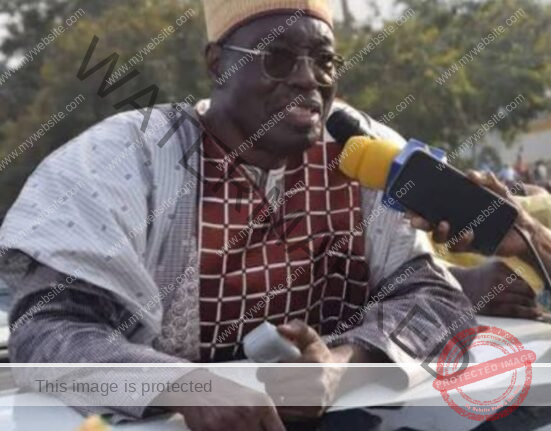
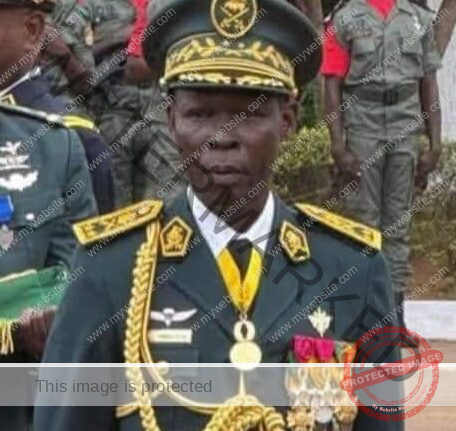
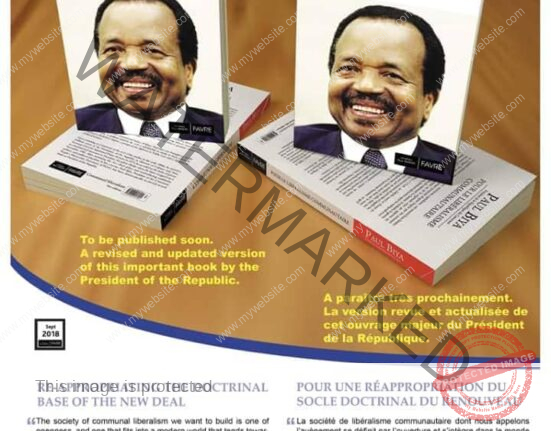
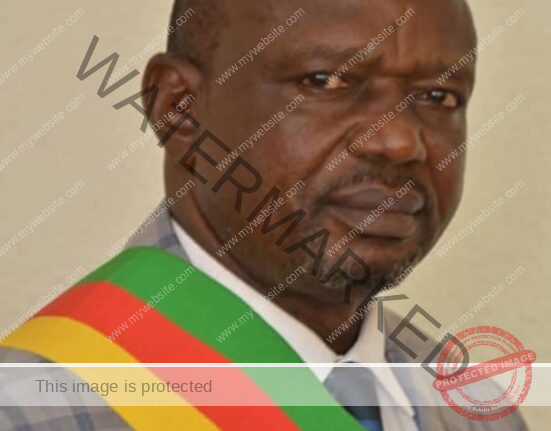
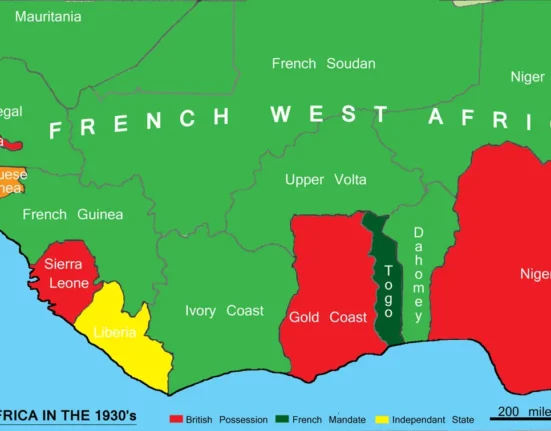

Leave feedback about this